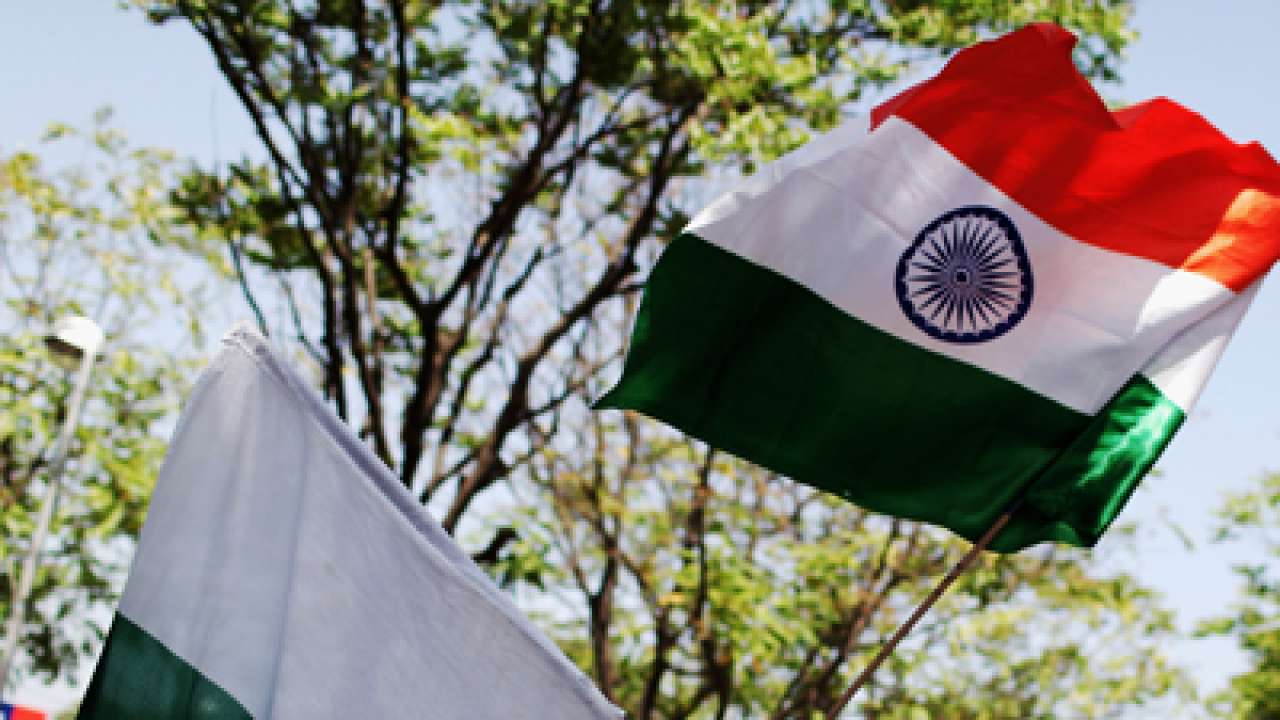
Narendra Modi, the man who may as well become India’s next prime minister on May 16, in an interview sometime last year said that foreign policy today is largely about business and trade. He added that foreign policy these days does not mean espionage and other such older, now largely irrelevant traits. At least in the obvious sense of the term ‘espionage,’ made popular during the Cold War era.
However, there are enough foreign policy issues waiting to be addressed. The problem with India’s foreign policy discourse, both in the government and in the public, has been the general infatuation revolving in and around Pakistan. Of course, the issue of our dealings with Pakistan will remain centric, however as the Indian economy grows, India’s relations with its neighbour cannot hold other equally pressing matters hostage.
So, looking beyond Pakistan, this piece will list six important foreign policy topics which I believe deserve due attention.
The Bay of Bengal and Indian Ocean: Jawaharlal Nehru had once said, “to be secure on land, we must be supreme at sea.” This holds truer today than any time in the past as Asia starts to lead the global economic, political and military agenda of the 21st century. The recent tensions between Vietnam and China in the South China Sea (SCS), where Beijing has specifically told India to ‘stay out’, highlights the on-going tussle for influence in Asia between China’s growing hegemonic presence which has a direct influence on India as well. Bay of Bengal is known to be floating on natural gas reserves, and India has also recently invested in oil and gas blocks off the coast of Myanmar. All this makes India’s naval and military presence one the eastern coast crucial, whose influence should spread across the international waters of the SCS, within the UN guidelines. India’s Himalayan border dialogue with China will continue, but this new area of concern should not be left just to the military.
Advent of cyber snooping and warfare: Journalist Glenn Greenwald, in his new book titled 'No Place to Hide: Edward Snowden', the NSA, and the US surveillance state, has reportedly described with great detail the far-reaching hand of America’s NSA which spied on its NATO allies such as Germany, and “friendly countries” such as India, Brazil and so on. When this news became public, Brazil made its anger known to the White House with the country’s president cancelling a trip to the US as a mark of protest. New Delhi was docile in its response when it should have been stern. Cyber warfare is a reality, and India needs a much more concrete and action oriented plan to combat this growing threat.
India and the US: Since Barack Obama took over the presidency of the United States, India—US relations seem to be have been slowly sliding backwards from the high-points achieved during former President George W Bush’s tenure. Theories on reasons behind this vary from Obama’s lack of interest in foreign policy all together to India being a non-signatory to the NPT being a sore point for his administration (Obama won a premature Nobel Peace Prize for his work on nuclear disarmament). The recent case of Devyani Khobragade has also been a setback to the once flourishing bilateral relations. As an expert said recently, India’s outgoing prime minister is leaving New Delhi – Islamabad ties on a better pedestal than the ties with Washington DC.
New hydrocarbons frontier in the Arctic: In 2012, India became a permanent observing member of the Arctic Council. The group together is attempting to manage the now fast-thawing Arctic region, which is expected to be completely ice free in the coming decades due to global warming. India has already invested in Russia’s energy sector (Sakhalin-I) and Moscow may provide a good gateway for New Delhi to invest in the mineral riches in and around the North Pole. For this, the new prime minister should look into appointing a dedicated ambassador to the Arctic Council who could use the expertise of the likes of ONGC Videsh and DGH to embolden Indian energy companies to invest in exploration.
International trade treaties and the WTO: Business today is a global commodity. Bilateral and multilateral trade treaties between various geo-economic groups and individual nations have become one of the biggest tasks of foreign ministries around the world. In an era of preferential trade agreements (PTA) and free trade agreements (FTA), the World Trade Organisation (WTO) has become an entity as important as say the OPEC, in terms of influence on global financial paradigms. For example, a free market economy would ideally suggest a FTA with China for India; however, the effects of such an idea already creates uneasiness within the economy where small-scale businesses feel threatened by ‘dumping’ techniques that a manufacturing hub such as China is at times blamed for. The new prime minister will have to overhaul how India views such treaties and create realistic outlines till what extent can India participate as a free market economy in global commerce considering its domestic socio-economic situation.
Global warming: A recent report has suggested that some of the biggest glaciers in Antarctica are melting at a rapid pace, and this now may be an unstoppable event. Although not an immediate threat to our generation, in future such melting could raise global ocean levels by 2 ft. A global effort is required, both from developing and developed world’s, to try and control the levels of carbon emissions. This will be a massive undertaking as India, for its energy needs, will depend on hydrocarbons for at least the next 40 years. However, implementation of a national renewable energy policy could help reduce reliance on fossil fuels in a timely manner, helping the economy grow and achieve desirable yet realistic environmental targets. This will not be possible without compromises from the developed world as well.